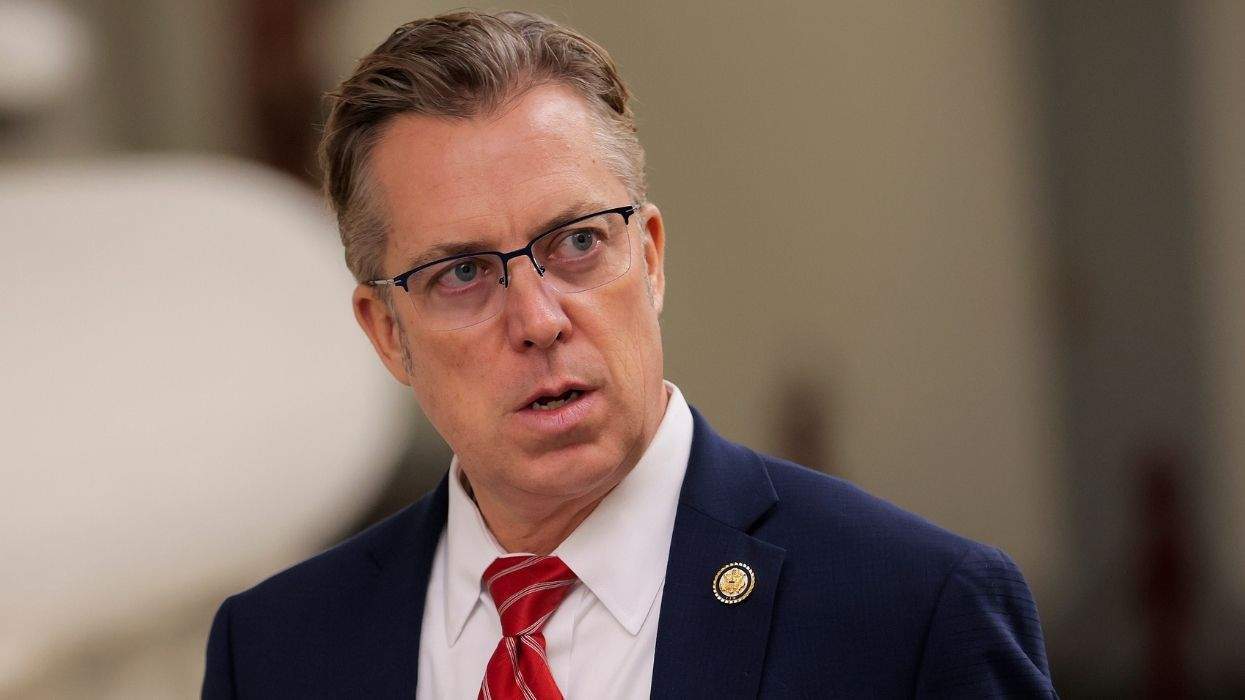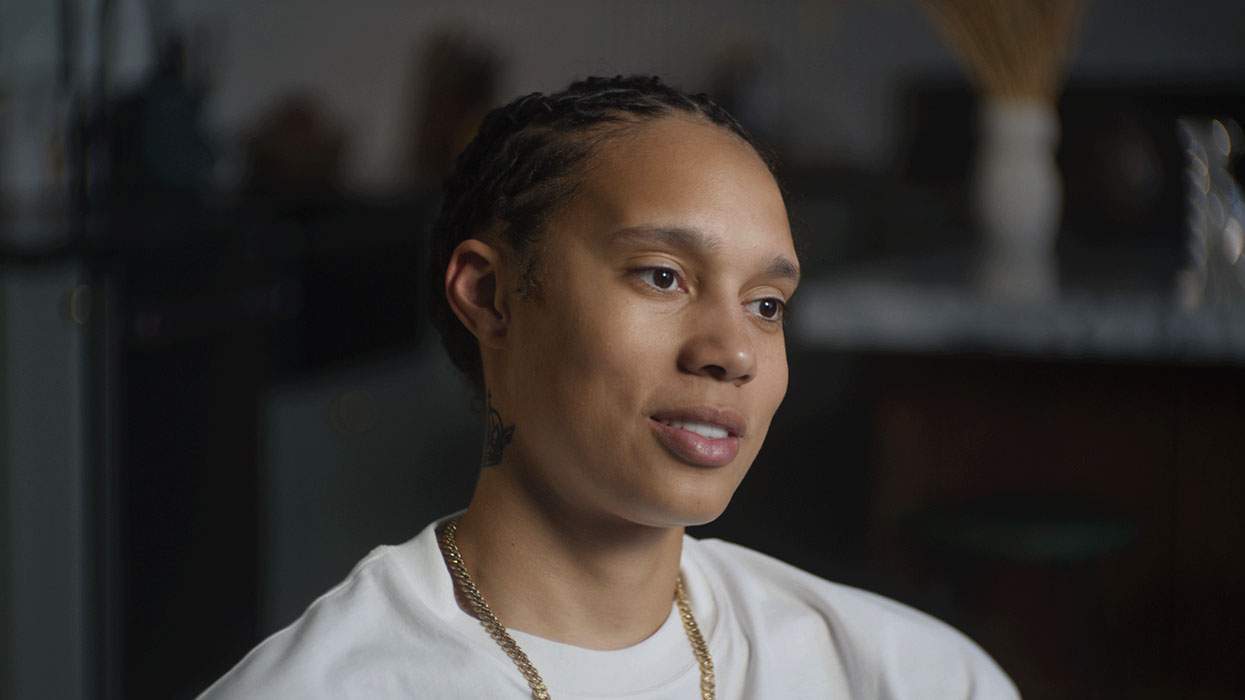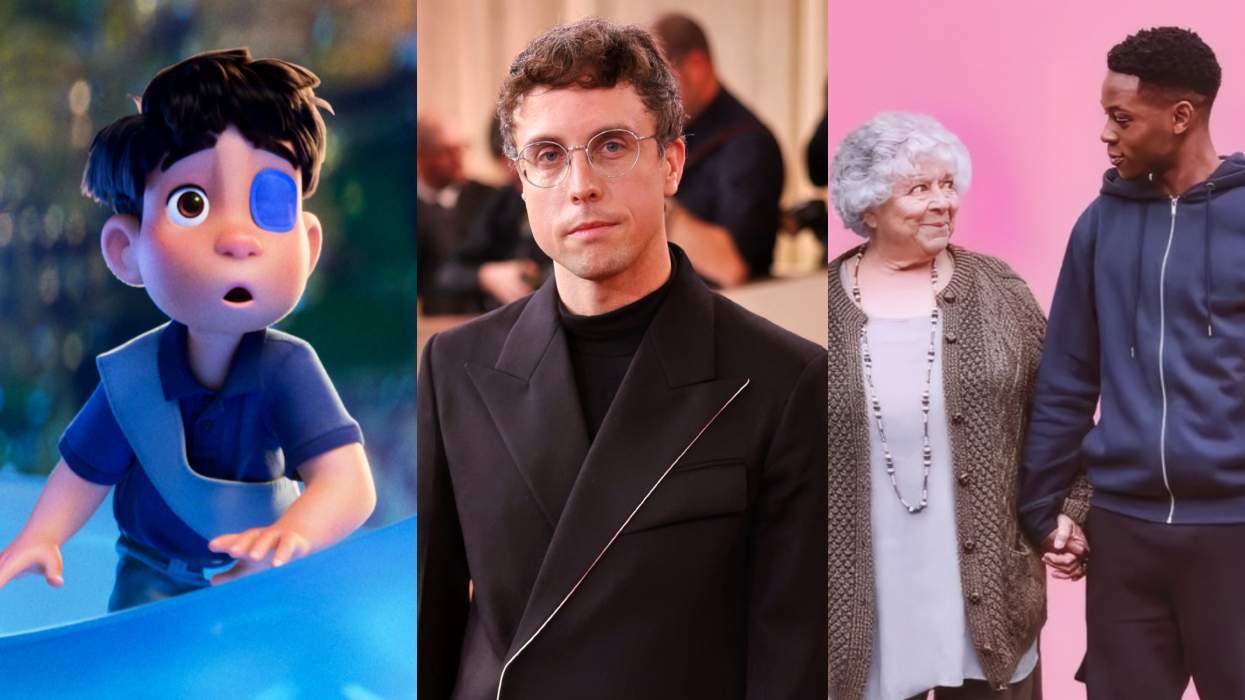Owners of businesses often use "decorum" or "inappropriate behavior" as an excuse to boot out gay couples for the kinds of public display of affection that we see heterosexual people engaging in every day in public spaces. In 2013 a lesbian couple in Portland, Oregon, said a cabdriver hurled antigay slurs at them and dumped them and a friend out of his cab on the side of a busy highway after midnight, all because the couple were holding hands and had kissed; in March 2014 the Oregon Bureau of Labor and Industries, after an investigation, found "substantial evidence of discrimination." That same year, in October, two men were allegedly thrown out of a cab on their way into Chicago from O'Hare International Airport after their driver became incensed when they exchanged what the men described as a quick kiss; they filed a lawsuit in 2014. An Iraq war veteran and his boyfriend were tossed out of a cab in Tacoma, Washington, on Independence Day 2014. Eric Williams, who had served two tours of duty in Iraq, left a bar and got in a cab with his boyfriend and exchanged what the two described as a "peck." "[The driver] said, 'You're two men, why are you kissing?'" Williams told Q13FOX TV in Seattle. "We said that's my boyfriend, I'm gay. That's when the cabby started to get really hostile with us. He pulled off the road and told us to get out of the car, he wasn't going to serve us."

The calls from the opposing side are just as revealing. I hear from listeners who, though they claim not to hold such beliefs themselves, say a business owner should have the right to ban LGBT customers. Others proudly say they believe LGBT people can or should be banned from certain kinds of businesses, or all of them; and I've fielded calls from business people, from shopkeepers to real estate brokers, who've said they should have the right not to serve gay or lesbian couples. Business owners do have a great deal of freedom to turn away anyone they want, for a variety of reasons, such as rude or loud behavior or failure to abide by a dress code enforced equally for all. But people cannot be turned away based on race, gender, religion, or any other protected class, such as disability. In the majority of states, however, this protection does not extend to sexual orientation or gender identity. Why should LGBT people live with and accept the idea that a shop can at any time put up a sign saying NO GAYS ALLOWED -- or even NO GAY WEDDINGS SERVED -- even if there is another shop down the street that will happily serve them? (Of course, in many small towns there isn't another shop down the street and not one for many miles.) Beyond the humiliation and degradation of such actions, allowing this discrimination opens the door, legally and morally, to larger acts of discrimination against LGBT people -- and other people -- for purported religious reasons. Whether based in religion or not, such behavior is bigotry and simply can't be tolerated. We must not allow victory blindness to keep us from seeing that.
Radio is an intimate medium in which people can freely speak their minds anonymously, so they have less fear of speaking out. They express themselves emotionally, the inflections of their voices revealing what a pseudonymous Internet comment would not. When I ask them whether the same logic should apply to race or other characteristics, these callers say the difference matters. "Homosexuality is different from race," said a man who called my show from Illinois. "I should not, as a business owner, have your sexual or personal agenda rammed down my face and insulting my religious sensibilities and those of my customers." Some callers have been honest enough to say, alarmingly, that they believe even laws banning racial discrimination are unconstitutional and that they should be able to turn away anyone they want. Comments like these underscore the vital need for this legislation. Only in a handful of states do LGBT people who decide to fight back have recourse to do so, and even these people would benefit greatly from a federal law. Nationwide legislation, Ian Thompson of the American Civil Liberties Union (ACLU) told me, would give "federal agencies explicit enforcement powers and LGBT people access to federal courts." A federal law would send a great threat and warning to businesses, particularly in areas where local law enforcement may be lax or homophobic, even within the most liberal states and sometimes big cities, too. A federal law would provide another layer of protection, bringing more attention and more enforcement.
From It's Not Over by Michelangelo Signorile.















